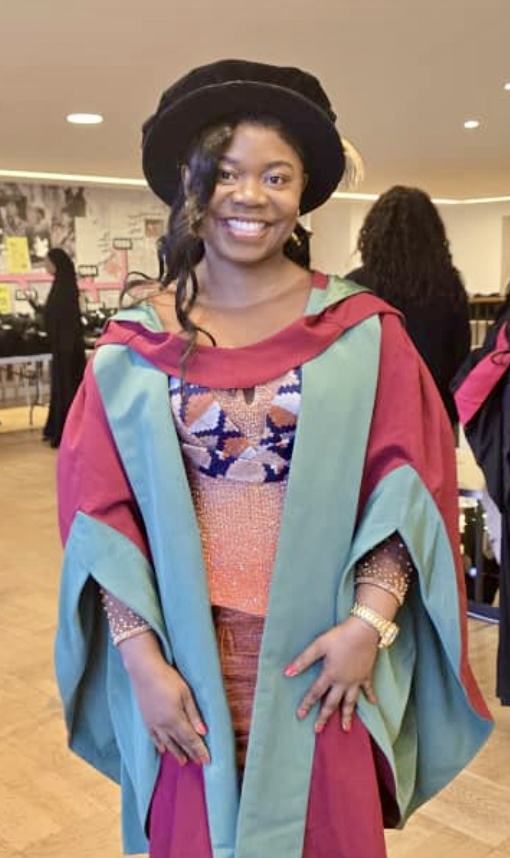Empowering Ghanaian Healthcare Workers: Building Critical Care Capacity in Ghana with Operation International
December 1, 2025
This blog post is written by Joseph Lewis, DO, FACOS, FACS; Chief of Strategy and Operations; Team Leader: Florida
When people think of a medical volunteer organization, the first image that usually comes to mind is the operating room: surgeons huddled over a table, fixing hernias or removing tumors. While providing surgical care is the heartbeat of what we do at Operation International, there is another pulse beating just as strongly on this mission to Ghana—the drive for sustainability.
This November, during Team Canada's mission at Holy Family Hospital in Techiman, we stepped out of the OR and into the classroom. As a global health non-profit, our mission extends beyond immediate fixes; we are here to bridge the gap in healthcare for developing countries.
The "Golden Hours" Gap

Holy Family Hospital is a bustling hub serving the Techiman municipality. The local staff here are dedicated and resourceful, but like many facilities we visit, they face a critical care gap. When a patient deteriorates rapidly—whether from sepsis or trauma—the first 24 hours are vital.
In high-resource settings like the United States, dedicated intensivists manage this with unlimited pharmacies. Here in Ghana, that responsibility often falls to ward nurses and trainee doctors working with limited supplies. To address this, we launched a comprehensive program designed to train local healthcare professionals in low-income regions.
Teaching the Fundamentals: Adapting to Reality

We are implementing the Fundamentals of Critical Care Support (FCCS) course designed by the Society of Critical Care Medicine, but with a crucial twist: we are tailoring it to the local reality. It isn't just about teaching healthcare workers abroad; it is about teaching them how to adapt when resources run low.
We have been working side-by-side with our Ghanaian counterparts on specific, high-impact skills:
- Airway Management: Training local healthcare providers to recognize a failing airway and intervene early.
- Resource-Limited Sedation: One of our biggest focus areas has been keeping patients safe when standard sedatives aren't available. We taught protocols for "analgesia-first" sedation and how to utilize alternative medications available in the hospital pharmacy to keep intubated patients calm without relying on continuous infusions that may not exist.
- Ventilator Comfort & Synchrony: When you can't deeply sedate or paralyze a patient due to medication shortages, the ventilator settings must be perfect. We focused heavily on optimizing ventilator settings—adjusting flow triggers and rise times—to match the patient's natural breathing. This reduces "air hunger" and fighting the vent, making the patient comfortable even when medication options are scarce.
From Student to Teacher: The Story of Angela Prah

The ultimate goal of any humanitarian medical aid mission should be to make itself obsolete. We saw that goal come to life during our mission trip week in the form of Angela Prah, PhD, RN.
The previous year, Angela sat in the audience as a student, learning FCCS for the first time. She absorbed the material, applied it, and mastered it. This year, she didn't sit in the audience—she stood at the front of the room.
In a powerful "Train the Trainer" model, Angela co-led the course, teaching her colleagues the very skills she learned just twelve months ago. Watching her confidently explain complex hemodynamic monitoring to her peers was the highlight of the trip. This is how we ensure the course is taught in perpetuity. Long after we fly home, Angela will be there, continuing to build capacity and empowering local healthcare workers for long-term impact.
Sustainable Healthcare Training

This is the essence of sustainable healthcare training in developing countries. By investing in leaders like Angela, we aren't just treating the patients currently in the beds. We are building a safety net that remains indefinitely. This allows the hospital to become self-sufficient, reducing the need for external medical volunteer teams to teach the basics so we can build a bigger future together.
Help Us Continue the Mission
We left Techiman mid-November, but thanks to Angela and her team, the knowledge stays. This collaboration proves that sometimes the most valuable tool we can bring isn't a scalpel—it's education.
To help us continue these vital education programs and surgeries, please consider supporting our team. Your contributions allow us to improve hospital infrastructure in poor countries through education and equipment.
- Donate to Operation International today.
- Interested in joining us? Learn more about our medical volunteer opportunities abroad.






